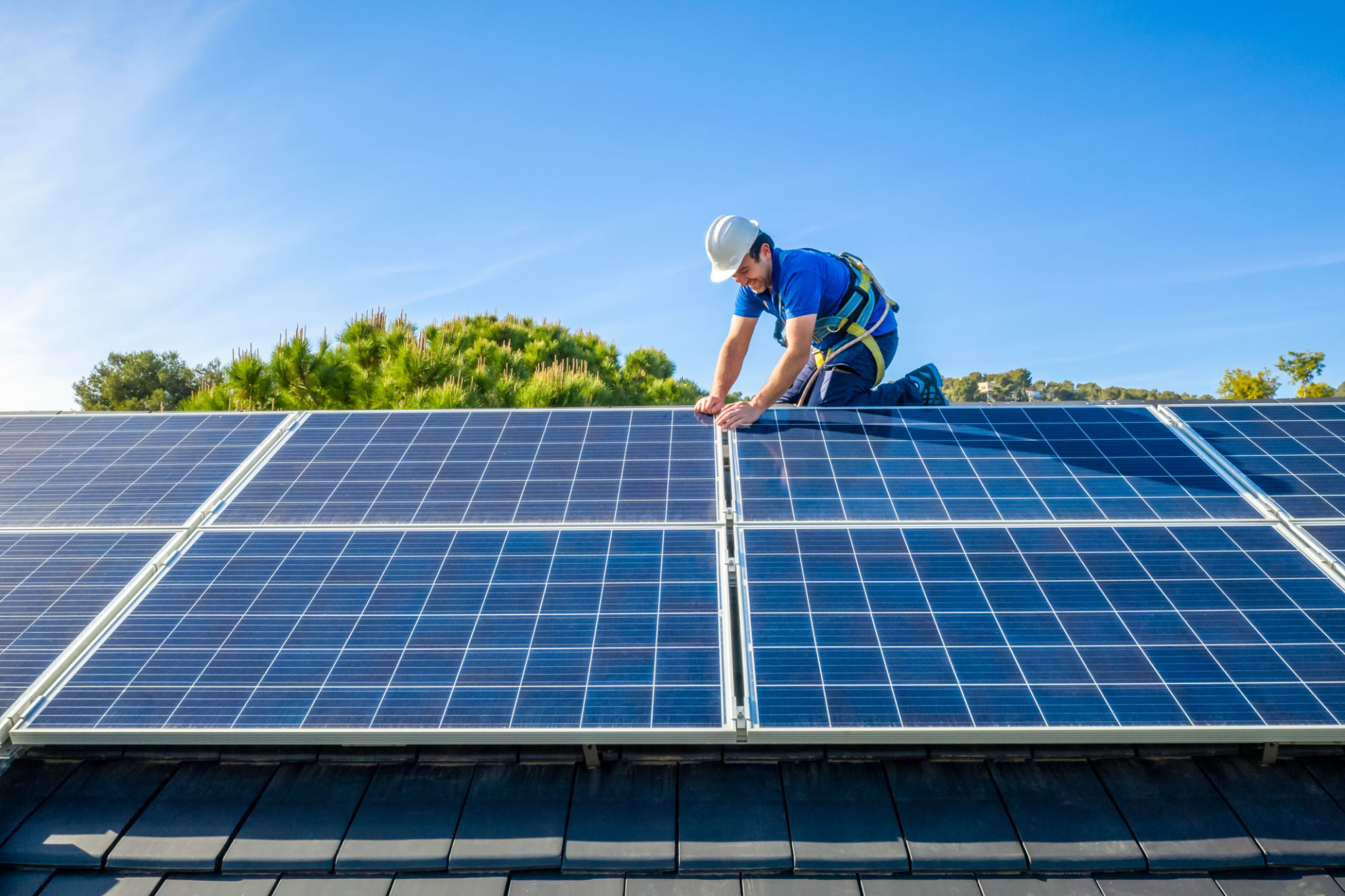How to Maximize Security with Solar-Powered Cameras in Remote Areas
Introduction to Solar-Powered Cameras
Solar-powered cameras are transforming the way we approach security in remote areas. These innovative devices offer a sustainable and efficient solution to keep watch over locations that are off the grid or difficult to access. By harnessing the power of the sun, solar-powered cameras provide continuous surveillance without the need for traditional power sources.
The ability to operate independently makes these cameras ideal for various applications, from monitoring construction sites to safeguarding wildlife reserves. In this blog post, we will explore how to maximize security with solar-powered cameras in remote areas.

Choosing the Right Equipment
Consider Your Environment
When selecting solar-powered cameras, it's essential to consider the specific environmental conditions of the area you wish to monitor. Factors such as temperature extremes, humidity, and exposure to elements can affect the performance of your equipment. Opt for cameras specifically designed to withstand harsh weather conditions and provide reliable service year-round.
Evaluate Camera Features
To maximize security, ensure that your solar-powered cameras come equipped with necessary features such as motion detection, night vision, and high-resolution video capture. These features enhance the camera's ability to record clear footage day and night, ensuring comprehensive monitoring of your site.

Optimizing Solar Panel Placement
Maximize Sun Exposure
The efficiency of solar-powered cameras heavily depends on the placement of their solar panels. To ensure maximum sun exposure, install panels in open areas free from obstructions such as trees or buildings. Adjusting the angle of the panels to capture optimal sunlight throughout the day can significantly improve energy collection and camera performance.
Regular Maintenance
Regular maintenance is crucial for keeping solar panels in peak condition. Dust, dirt, and debris can accumulate on the panels, reducing their efficiency. Schedule routine cleanings and inspections to maintain optimal functionality and prevent potential issues from arising.

Network and Connectivity Considerations
Reliable Network Solutions
In remote areas, establishing a reliable network connection can be challenging. To address this, consider utilizing cellular networks or satellite internet to ensure consistent data transmission from your cameras. This setup enables real-time monitoring and alerts, allowing for prompt responses to any security breaches.
Data Storage Options
Decide on a suitable data storage option that aligns with your security needs. Options include local storage via SD cards or cloud-based solutions that offer remote access and backup. Each option has its advantages, so choose according to your requirements for data accessibility and storage capacity.
Conclusion
Maximizing security with solar-powered cameras in remote areas requires careful planning and consideration of various factors. By choosing the right equipment, optimizing solar panel placement, and ensuring reliable connectivity, you can create an effective surveillance system that operates efficiently even in challenging environments. Invest in these innovative solutions today to enhance security and peace of mind in remote locations.
